SDG5
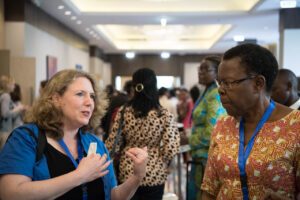
Tags: SDG5
This proposal builds on the last 12 years of the collaboration between Portia and Elsevier Foundation, which started in 2011 with the very first Gender Summit, and continued with each Gender Summit event — and additional project-related actions on shared […]
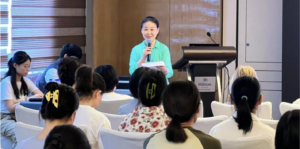
A new partnership with the China Women’s Association for Science and Technology (CWAST) supports early-career women researchers through training, role modelling and networking.
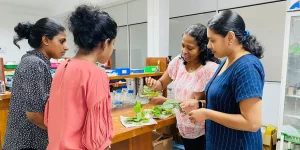
Extraordinary findings about the plant pathogen Sclerotina sclerotiorum were possible thanks to global collaboration and funding, says Prof Renuka Attanayake
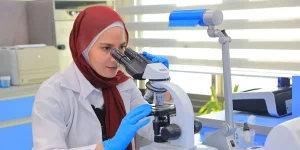
“If you believe in the power of research and if you contribute to humanity, eventually your work will be seen and valued.” — Haneen Dwaib, MPH, PhD, Chairwoman of Clinical Nutrition and Dietetics, Palestine Ahliya University; winner of a 2023 OWSD-Elsevier Foundation Award
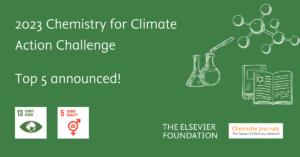
We believe that chemistry plays a critical role in developing a sustainable future. Chemists have a special responsibility to develop those new products, resources and processes to make that happen. After 5 successful editions of the Elsevier Foundation Green & Sustainable […]
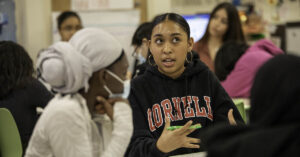
Through Girls Inc. of New York City, students in Harlem are learning skills that will help them excel in business and beyond
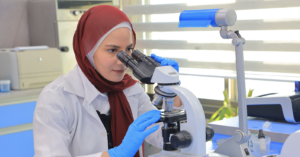
Accelerating the careers of over 50 women researchers, the partnership has recognized prize-winning science from more than 20 developing countries since 2013.
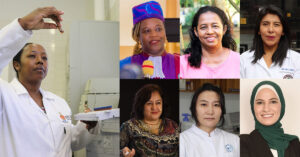
The 2023 OWSD-Elsevier Foundation Award for Women Scientists taps researchers from Benin, Bolivia, Guatemala, Palestine, Mongolia, South Africa and Sri Lanka.
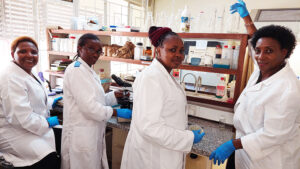
TWAS and the Elsevier Foundation announce winning teams for new gender equity and climate action project grants for the global South.
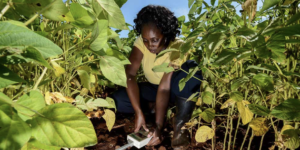
Analysis shows that women publish fewer papers, and leave research sooner than men – who do nearly 80% of climate change research. Criteria for researcher selection must change.
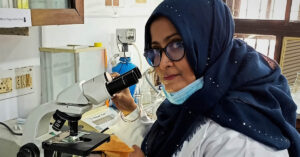
For universal issues like plastic pollution, open access is vital to help scientists replicate research, says Prof Gawsia W Chowdhury of Bangladesh.
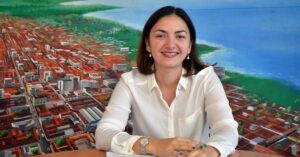
Science can be democratized globally through open access, says Dr Heyddy Calderon, although funding opportunities remain a key challenge.




















